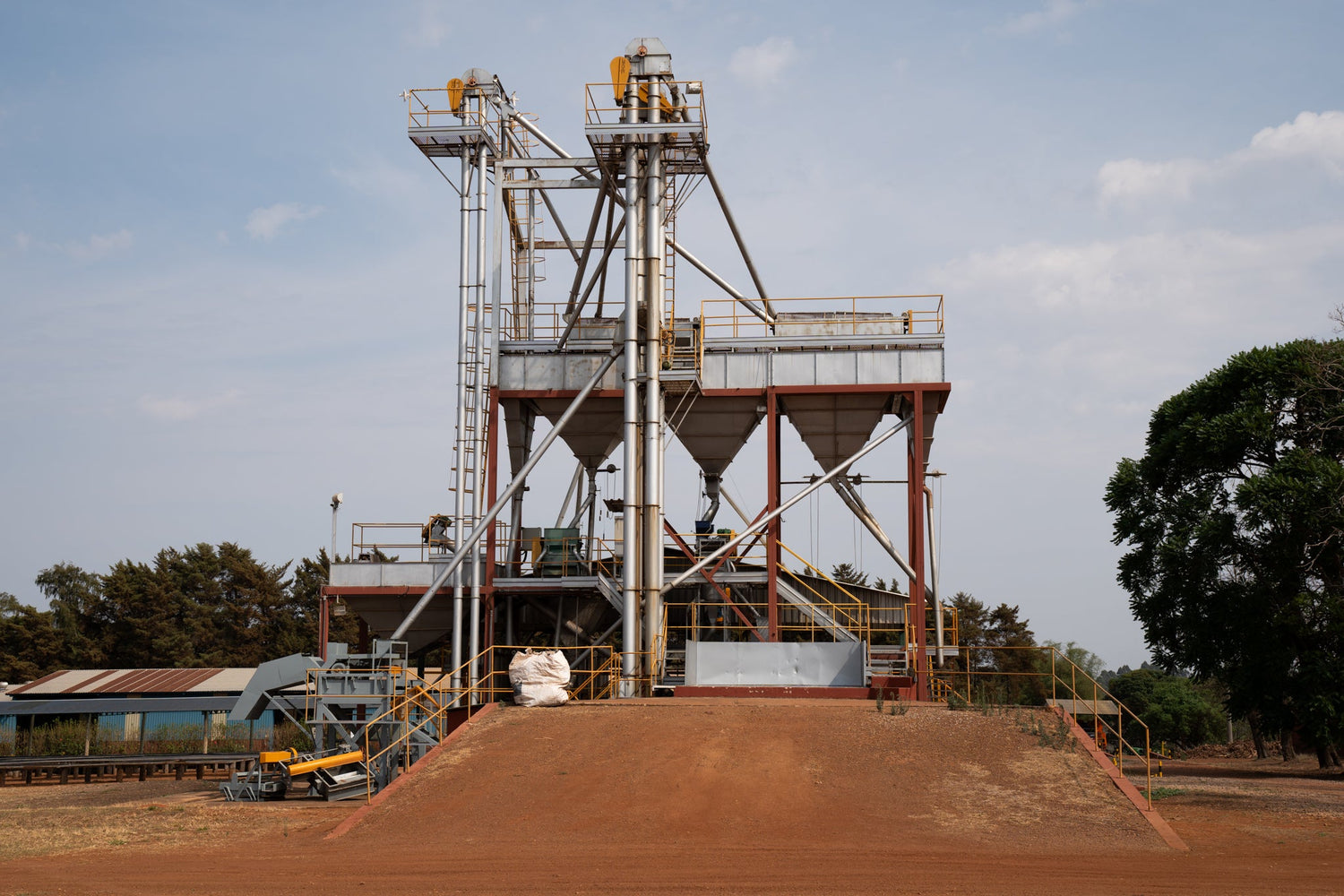In collaboration with our longstanding partners Daterra in Brazil, we set out to evaluate the impact of different processing methods through a single coffee. With this project, we wanted to give you the chance to taste the influence of processing, as well as uncover the impact of fermentation along the way. All through the lens of one stand-out varietal.
Welcome to Daterra 6. A unique opportunity to taste one exceptional coffee through six unique processing methods.
The chosen coffee? A variety known as IAC 125. Rather than being a competition winning micro lot kind-of-coffee, IAC 125 is an outstanding everyday kind-of-coffee. And that’s exactly why we chose it for this experiment.

The pulped natural process of this coffee may be very familiar to you as our legendary crowd-pleasing espresso, The Baron. A long standing favourite, beloved for its signature deep profile with smooth notes of dark chocolate and marzipan. Our curiosity took hold and we wanted to know how a coffee that we have worked with for more than a decade would taste under the varied lenses of a washed, honey or even a wild 60 hour fermentation.
Research-led Daterra, equally curious, took to the challenge as part of a wider project to explore ways to future proof their production to the effects of climate change. In 2024, the farm saw a 60% drop in pulped coffee output due to extreme heat, poor flowering, and prolonged drought. Adaptability - through processing, planning, and smart agronomy, could form part of a wider solution to sustain both quality of coffee and overall ecosystem health in years to come. Research, like this, is a vital step towards a climate-adaptable coffee producing model for decades to come.
What is coffee processing?
A harvested coffee cherry is made up of layers of skin, fruit, mucilage and parchment. Underneath these layers is the precious coffee seed, or bean as we might know it. In order to get to this seed, the cherry can be processed through a range of methods.
As you will taste through this project, the choice of method has a crucial impact on the final taste, acidity and body of a coffee.

Why explore coffee processing?
Processing has a significant impact on the overall taste of the cup, with each method requiring varied levels of input, energy, equipment, resources and time from producers.
For producers, there are decisions to be made. Here’s just some of the things they might consider when selecting how to process a coffee ….
-
Which processing method best supports the climate I farm in?
-
Which processing method will best suit the varieties I grow?
-
What is the scale of my production?
-
What is the history of coffee processing in my region and what equipment or resources do I already have?
-
What method is most energy efficient?
-
What method supports ongoing economic sustainability?
Typically when we compare different processing methods around a cupping table, we are comparing contrasting varieties, often from different regions or even countries of origin. This means that, whilst we can taste overall trends in what makes a ‘natural’ coffee ‘natural’ or a ‘washed’ coffee ‘washed’, we’re not evaluating that taste on an even playing field. There are just too many variables that may be affecting flavour - from terroir to climate to the make-up of the crop itself.

The opportunity to taste the very same varietal through six different processing methods is groundbreaking for the palette and a valuable piece of research for the team at Daterra. Here, potential variables of growing conditions have been eliminated meaning the notable differences in flavour between these six coffees are all down to the ways in which they have been processed. Mind blown.
For anyone that’s curious about coffee processing, the Daterra 6 offers a valuable explorative journey that tastes pretty good along the way.
And if you would like to brew better coffee, Climpsons Home Brewing Workshops are the best place to learn. A small group workshop, led by our coffee expert team is the perfect platform to refine your brewing technique and explore the nuance of flavour. Hosted monthly at Climpsons HQ in London Fields.



